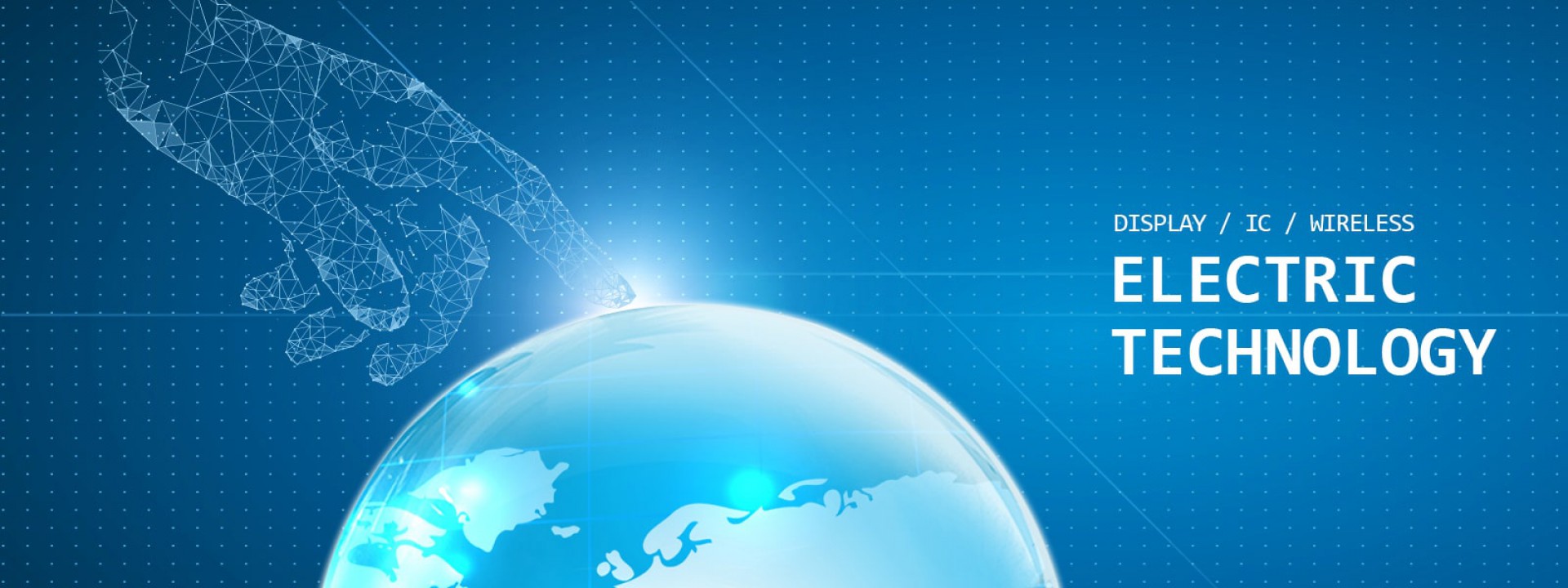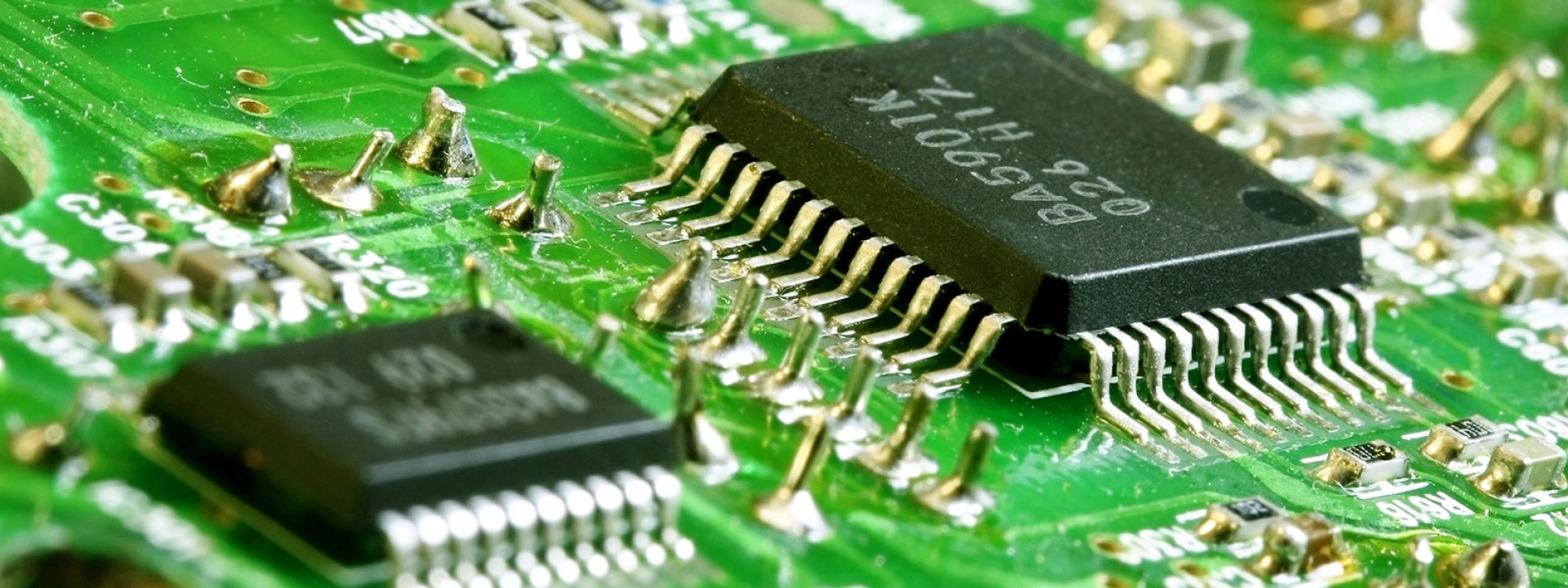News & Events
In a semiconductor industry forum that marked the 20th death anniversary of the late senior presidential advisor Li Kwoh-ting, many distinguished ICT leaders shared their insights. President Tsai Ing-wen delivered an opening message; the host of the forum, Etron chairman Nicky Lu, also invited TSMC chairman Mark Liu, MediaTek chairman Ming-Kai Tsai, Macronix chairman Miin Wu and ASE COO Tien Wu - the "Big Four" of Taiwan's semiconductor industry leaders. Each of them elucidated the changes of Taiwan's semiconductor industry from their own perspectives along with Q&As on the opportunities and challenges of cross-industry development. The event was a remarkable success. Lu's opening remarks triggered insights through the last session.
Lu said we are ushering in the "Tera Generation" forged by the Internet of Things (IoT) enabled by Tera Scale Integration of enormous data. To achieve success in the new era, multiple semiconductor players are expanding investments massively. At least US$1 trillion will be invested in semiconductors within five years. In terms of technology progress, the era of "one trillion transistors per square millimeter" has begun. The ubiquitous semiconductors would come with a market scale of US$1 trillion by 2030.
TSMC's chairman Mark Liu delivered a speech on "A global view from Taiwan: The next decade of semiconductors." Ubiquitous semiconductors are an enabler to accelerate the business evolution of remote work, online learning, e-commerce and the sharing economy during the pandemic. It is estimated that the total amount of data collected from 2018 to 2030 will grow by 350 times. High-performance computing combined with the technologies of cloud, AI and 5G will drive the linkage of the real and virtual worlds. TSMC had discussed the various scenarios in which AR replaces mobile phones and VR replaces PCs seven years ago. We believe that the emergence of 3D ICs and highly integrated circuits will make the semiconductor industry a platform of economic growth driver.
Liu further pointed out that the semiconductor industry was looking for business opportunities from the market demand in the past when the PC and mobile phone industries brought opportunities for industrial change. But the future demand is being triggered by the endless technology progress and various innovative applications. The momentum of innovation will come from various emerging applications. The economic benefits are by no means measured by the existing concept of industrial development.
Ming-Kai Tsai echoed Liu's words by saying that the IC design industry rose by serving demand of PCs and mobile phones, and the new business opportunities in the next stage will come from public systems that are more open. The ecosystems of Android and Arm are relatively open compared with those of PCs which is favorable to the IC design community. With increasing diversity of the future industry, it is essential to apply cross-boundary and cross-industry thinking to operation strategies. MediaTek's current customer profile has evolved from Taiwan's customers in the PC era to cross-national and cross-regional Internet giants who request customized products and systems.
In this era of intertwining diversity along with opportunities and risks, each country has its own strengths but can barely do the whole nine yards. Taiwan's semiconductor industry is also facing new challenges. Tien Wu COO of ASE said: "I see far more opportunities than risks." Are you on board?
By DIGITIMES






